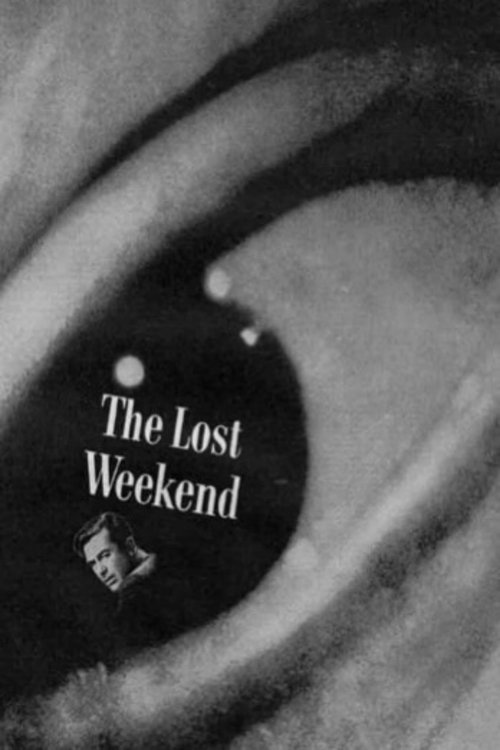
Title: The Lost Weekend
Year: 1945
Director: Billy Wilder
Writer: Billy Wilder
Cast: Ray Milland (Don Birnam), Jane Wyman (Helen St. James), Phillip Terry (Wick Birnam), Howard Da Silva (Nat the Bartender), Doris Dowling (Gloria),
Runtime: 101 min.
Synopsis: Don Birnam, a long-time alcoholic, has been sober for ten days and appears to be over the worst... but his craving has just become more insidious. Evading a country weekend planned by his brother and girlfriend, he begins a four-day bender that just might be his last - one way or another.
Rating: 7.63/10